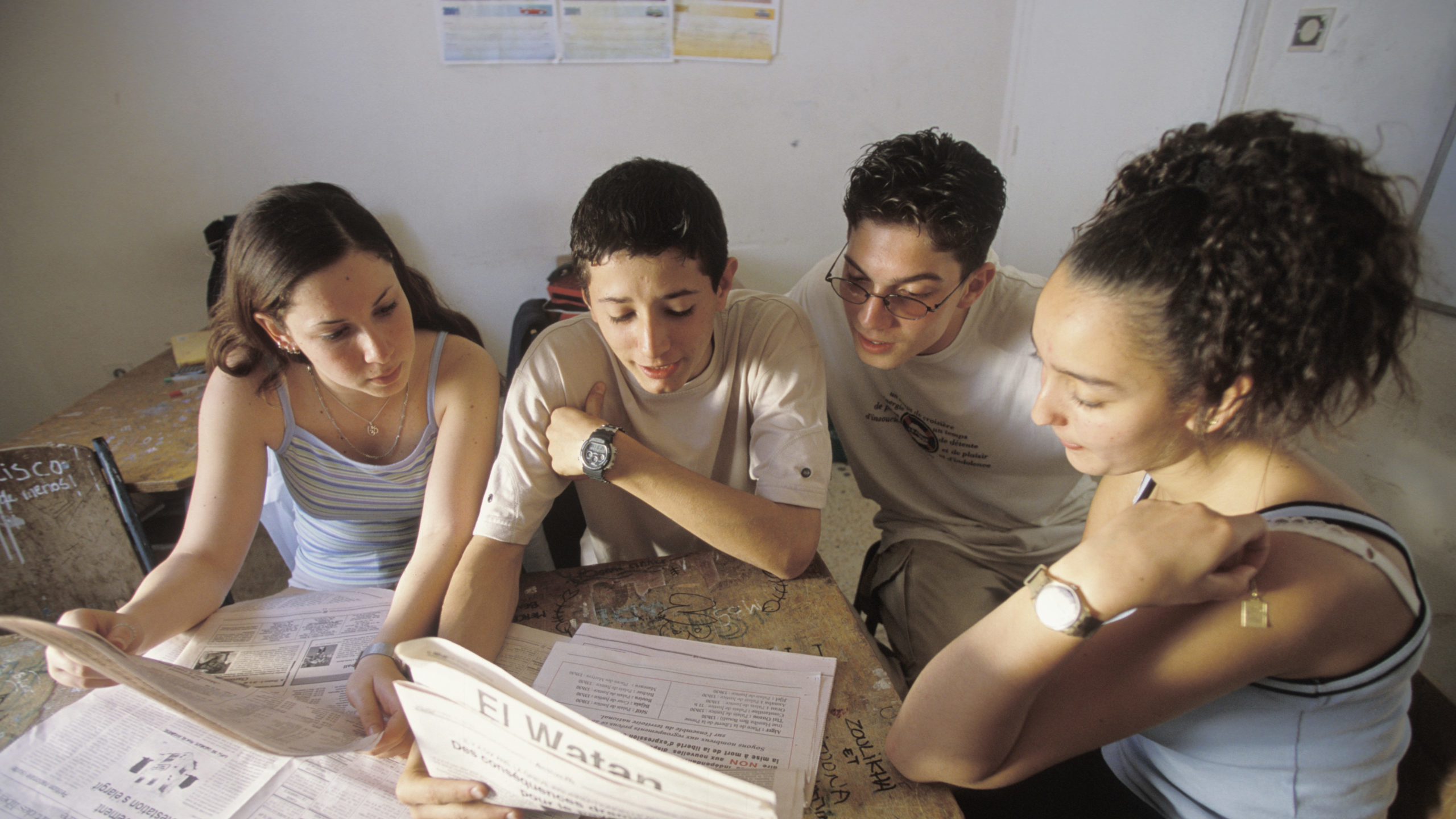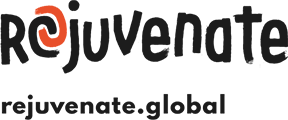project
Recent research about the food-water-energy nexus has tended to focus on flows (e.g. between producers and consumers) and ways of governing the nexus. However, there is a real need to examine how people (especially young people) understand, learn about and participate in the nexus, in their everyday lives. Only by doing so can we address crucial concerns – such as persistently high levels of poverty amongst Brazil’s children, their unequal access to nexus resources, their resilience to nexus threats, and the role of education in addressing the those threats in the future.
In Brazil, as in similar countries, young people are a hugely important group, demographically and socially. In Brazil, young people (aged 0-24) make up 42% of the population. Moreover, we already know that in diverse global contexts, young people are instrumental in terms of securing access to resources (including nexus resources), economic productivity, societal resilience, and community life. In addition, young people are often the main recipients of education programmes – especially Education for Sustainability (EfS) – that attempt to address nexus threats and sustainable development goals.
However, there is scant research – either in Brazil or globally – that focuses on young people and their interactions with the nexus. This unique, collaborative research addresses these important gaps. This project’s main aim is to examine young people’s (aged 10-24) understandings, experiences and participation in the nexus in Brazil. It focuses on this age group as older children/young adults are a key target group for EfS, and research shows that they are likely to have greater capacities for reflection on the nexus than younger children. In achieving this aim, the project will address three core research questions (with several sub-questions).






